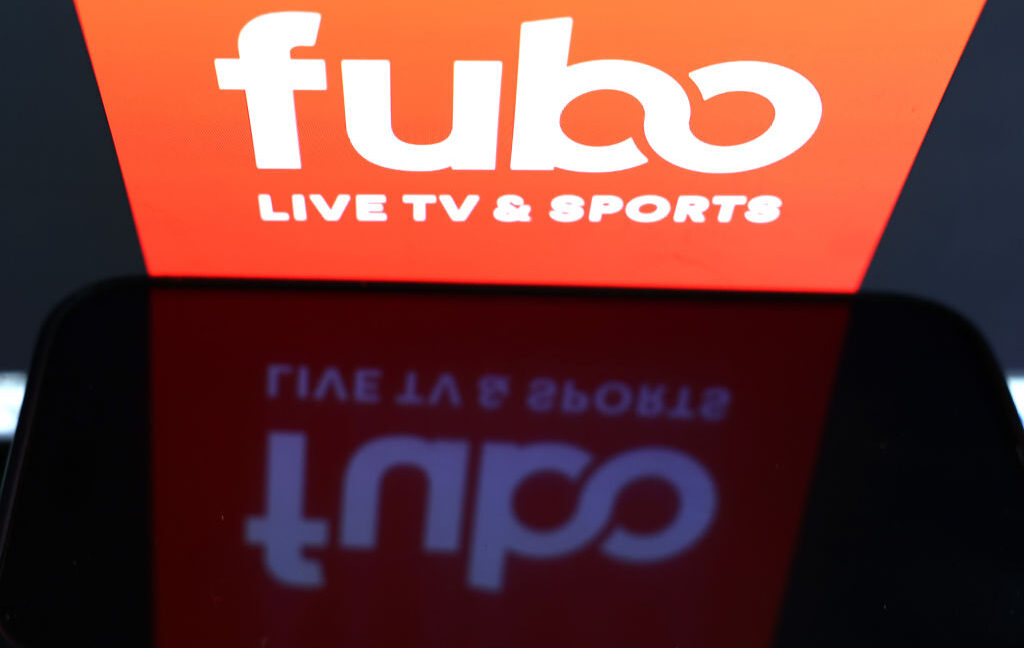Higher prices, simpler streaming expected if HBO Max folds into Paramount+
The end of HBO Max is “certainly plausible.”
A still from the second season of HBO’s The Last of Us. Credit: HBO
Warner Bros. Discovery (WBD) has a ‘for sale’ sign up. And that could mean big changes for subscribers to the company’s most popular streaming service, HBO Max.
After receiving unsolicited acquisition offers, WBD recently declared itself open to “strategic alternatives to maximize shareholder value.” WBD drew new attention by being open to selling its streaming business (WBD is also still open to moving forward with previously shared plans to split into a cable company and a streaming and movie studios company next year).
Naturally, mergers and acquisitions talk has heated up since then, with Paramount as one of the most eager suitors. Paramount, which merged with Skydance in August, is reportedly planning to keep “much of Warner Bros. Discovery Inc. intact” if a deal happens, per a Bloomberg report that cited unnamed people familiar with the plans of David Ellison, Paramount’s CEO.
For HBO Max subscribers, the most pertinent part of Bloomberg’s report follows:
Under Ellison’s plan, Warner Bros.’ HBO Max streaming service would merge into the existing Paramount+ platform, one of the people said. He believes combining the offerings will allow more people to see the work of film and TV show creators. The libraries of the two companies will make Paramount+ more compelling for subscribers.
The purported strategy would likely end the ability to subscribe to HBO Max in favor of the opportunity to pay for a beefier version of Paramount+.
More broadly, the merger talks bring into question the future for HBO Max subscribers should Warner Bros. engage in any sort of M&A activity with one of its most desirable businesses.
Higher prices are possible
Choice is typically seen as good for consumers. But in the case of streaming, which only recently overtook broadcast and cable viewing, the recent expansion of services available is often viewed negatively. Streaming fragmentation forces people to jump from service to service in order to find something to watch and to pay for more subscriptions.
As a result, a WBD merger could be a double-edged sword for streaming subscribers. The most obvious con is the potential for price hikes.
Speaking to Ars about a potential WBD merger, Vikrant Mathur, co-founder of streaming technology provider Future Today, said:
On one hand, it means subscribers getting access to a larger library, a simpler content discovery, and a consistent streaming experience, but on the other, we risk increasing subscription costs for current subscribers of both services, a trend that has been leading to subscription fatigue and diminishing the original promise of streaming.
Max Alderman, partner at FE International, an M&A advisory firm with a specialty in content businesses, said HBO Max subscribers can expect “friction” if Paramount buys HBO Max. He pointed out that overlapping platforms often result in “temporary confusion around pricing, content access, and brand continuity.” Alderman added:
Over the longer run, though, a combined offering could improve content breadth and potentially deliver better value per dollar.
Still, a Paramount-owned HBO Max stands the risk of failing to meet subscribers’ expectations, “especially for a service like HBO Max that’s earned a reputation for high-end, prestige programming,” Julie Clark, VP of media and entertainment at TransUnion, which works in streaming ads, told Ars.
The end of HBO Max?
With cable declining, HBO Max is the HBO brand’s best bet at longevity. The idea of HBO dissolving into shows and movies that you find on Paramount+ doesn’t sound like a fitting ending to a 53-year-old brand that has brought us shows like The Sopranos, The Wire, Game of Thrones, and White Lotus. HBO has gone through multiple streaming rebrands, but the end of a dedicated HBO streaming service, as suggested by Bloomberg’s report, is a different level. Yet, HBO Max folding into Paramount+ is “certainly plausible,” according to Alderman.
“The current market doesn’t support redundant platforms competing for the same audience,” he explained.
Today’s streaming services are focused on reaching and maintaining profitability long term. In its most recent earnings report, Paramount’s streaming business, which includes Paramount+, BET+, and Pluto TV, reported adjusted operating income before depreciation and amortization of $157 million, up from $26 million a year ago. The numbers were largely driven by Paramount+ growing subscribers to 77.7 million and charging more.
In its earnings report this week, WBD said that its streaming business, which includes HBO Max and Discovery+, posted earnings before interest, taxes, depreciation, and amortization of $345 million, compared to $289 million a year ago. WBD claims 128 million streaming subscribers, primarily through HBO Max.
“This potential merger underscores the escalating content and distribution costs in the industry,” Alderman said. “For [subscription video on demand platforms] to succeed, they need scale of revenue, as well as operational cost efficiencies, both of which can come through consolidation.”
It’s understandable that a brand that acquires HBO Max would seek to streamline operations with any streaming business that it already owns. But it’s hard to imagine any buyer throwing out the HBO name.
“I’d be skeptical that the HBO brand is going away completely. We’ve seen the name yo-yo, and it’s clear that it still packs a punch for consumers looking for premium content,” Clark said.
Even if HBO Max lives as a tile within the Paramount+ app, or the app of another buyer, (à la Hulu under Disney+), it wouldn’t make sense to get rid of the legendary acronym completely.
“HBO is one of the few streaming brands that still commands prestige pricing,” Alderman said.
If a company does acquire any form of HBO, one of its top challenges is expected to be streamlining operations while maintaining HBO’s premium brand. This could be especially difficult under a “more mainstream umbrella like Paramount+,” Alderman noted.
Streaming has already diluted the HBO brand somewhat. Through streaming, HBO is now associated with stuff from DC Comics and Cartoon Network, as well as reality shows, like 90 Day Fiancé and Naked and Afraid. Merging with Paramount+ or even Netflix could expand the HBO umbrella more.
That expanded umbrella could allow a company like Paramount to better compete against Netflix, something WBD executives have shied away from. HBO Max is “not everything for everyone in a household,” JB Perrette, WBD’s streaming president and CEO, said this spring.
“What people want from us in a world where they’ve got Netflix and Amazon [Prime Video] are those things that differentiate us,” Casey Bloys, chairman and CEO of HBO and Max content, told The Wall Street Journal in May.
A “stress test” for more streaming mergers
Aside from the impact on HBO Max subscribers, WBD’s merger talks have broad implications. A deal would open the door for much more consolidation in the streaming space, something that experts have been anticipating for some years and that addresses the boom of streaming services. Per Clark, discussions of a Paramount-WBD merger are “less about two studios joining forces and more about a stress test for future M&A.”
If WBD accepts a Paramount bid and that bid clears regulatory hurdles, it would signal that “premium content under fewer umbrellas is back in play,” Clark said.
A Paramount-WBD merger is likely to speed up consolidation among mid-tier players, like NBCUniversal, Lionsgate, and AMC, Alderman said, pointing to these companies’ interest in scaling their streaming businesses and in building differentiated portfolios to counter Netflix and Disney+’s expansive libraries.
If Paramount and WBD don’t merge, Clark expects to see more “piecemeal” strategies, such as rights-sharing, joint venture bundles, and streaming-as-a-service models.
Higher prices, simpler streaming expected if HBO Max folds into Paramount+ Read More »




